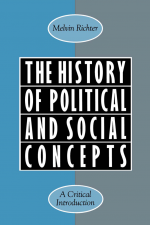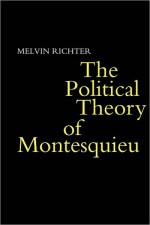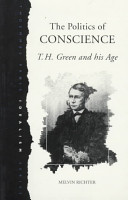Edited by Martin J. Burke, The City Univerity of New York (CUNY) and Melvin Richter, The City University of New York (CUNY)
Translation is indispensible to transmissions of knowledge across time and place; to understanding how and what others think. There is a vast stock of theories about how to translate, deriving mainly from controversies about sacred and literary works. Yet there is little discussion of the distinctive issues involved in translating political and social thought. This volume breaks new ground by focusing on them. Thirteen scholars consider problems arising from the study of translation and the cultural transfer of texts. Especially novel is the application of these issues to two relatively new disciplines: translation studies, and the history of concepts (Begriffsgeschichte). This volume opens a discussion of what and how each of them can learn from, and contribute to, the others.
GET THIS BOOK IN PRINT (No eBook available as of 3/2014)



